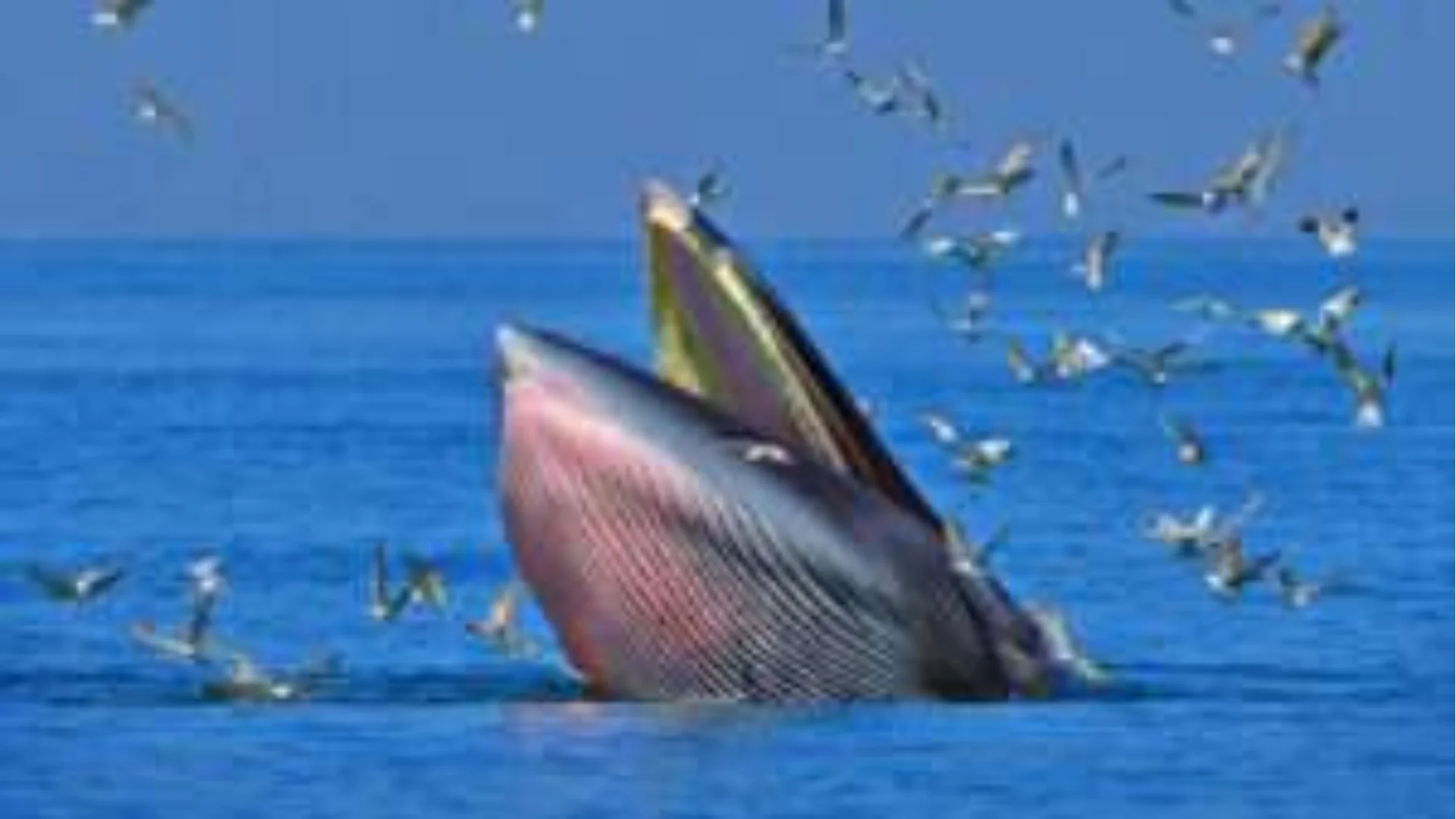Discovery of Pristine Shores: A Fascinating Natural Phenomenon
The discovery of a rare blue whale in a lifeless state, The sun-kissed shores of Gwadar, Balochistan, has once again borne witness to a remarkable and somewhat poignant natural phenomenon. This occurrence not only highlights the magnificent biodiversity of the region but also underscores the pressing need for marine conservation efforts.
The Discovery of a Rare Blue Whale
A rare blue whale, measuring an impressive 27 feet in length and weighing between 7 to 8 tons, was found washed up on the picturesque shores of Gwadar. The lifeless giant of the sea had tragically met its fate, most likely as a result of a collision with a fishing net, trawler, or ship.
This awe-inspiring discovery was made possible through the expertise of Abdul Rahim Baloch, a distinguished marine and aquatic sciences expert associated with the Gwadar Development Authority (GDA).
Gwadar’s Rich Marine Biodiversity
The deep waters off the coast of Gwadar are known for their rich marine biodiversity, housing an astonishing array of marine life. The region is home to eight different whale species, which include the blue whale, the largest creature to have ever graced our planet.
In addition to the majestic whales, the waters teem with 20 distinct types of dolphins and whale fish. Such a diverse and vibrant marine ecosystem is a testament to the pristine nature of Gwadar’s marine environment.
An Annual Phenomenon: Whales’ Annual Journey
What makes this discovery even more intriguing is that it is part of an annual phenomenon in this region. Approximately 8 to 10 whales, including the awe-inspiring blue whale, arrive lifeless on the shores of Makran, a coastal area within Balochistan.
While the exact reasons for their untimely demise are often complex and multifaceted, these regular occurrences raise important questions about the conservation of these magnificent creatures.
The Plight of the Green Turtles
The story doesn’t end with the blue whales. Alongside these magnificent marine mammals, green turtles also share a tragic fate. Green turtles, known for their incredible size and distinctive appearance, are frequently discovered deceased in significant numbers on the shores of Hingol National Park, Pasni, and Astola Island.
These turtles, after hatching from their eggs, embark on a perilous journey to reach the sea. In their quest to embrace the vastness of the ocean, they often become ensnared in non-selective fishing nets, leading to fatal consequences.
Conservation and Environmental Significance
The discovery of the rare blue whale on the shores of Gwadar carries profound implications, extending beyond the sheer wonder of the natural world. It underscores the critical need for environmental conservation, particularly in the context of the expanding reach of human settlements.
As human activities continue to encroach upon marine territories, they pose significant challenges and hazards to marine life. The impact extends not only to whales but also to turtles and a multitude of other marine creatures that call these waters home.
Conservation efforts for whales are of paramount importance, given the ongoing decline in their numbers and the myriad threats they face. The collisions with fishing nets, trawlers, and ships are just one aspect of the complex challenges they encounter.
Protection of specific species, like the green turtles, carries considerable societal significance. Their struggles to reach the sea, their primary habitat, should be facilitated and protected to ensure their survival.
Conclusion
The discovery of a rare blue whale on the shores of Gwadar is more than a picturesque spectacle; it’s a reminder of the delicate balance that exists within our natural world. As human activities continue to impact the habitats of these magnificent marine creatures, we must recognize the need to safeguard and preserve the rich marine life that graces the waters of this region.
Conservation efforts are essential to ensure that future generations can marvel at the wonders of the deep sea, just as we have been fortunate to witness this awe-inspiring discovery on the shores of Gwadar. Watch also
FAQs
1. What is the significance of the discovery of a rare blue whale on the shores of Gwadar?
The discovery of a rare blue whale in Gwadar is significant because it highlights the remarkable marine biodiversity of the region and underscores the need for marine conservation efforts. It also raises questions about the causes of the repeated stranding of these majestic creatures on the coast.
2. Why are blue whales and green turtles found deceased on the Makran coast annually?
The annual discovery of deceased blue whales and green turtles on the Makran coast is a natural phenomenon that remains a subject of ongoing research. While the exact reasons are complex and multifaceted, it point to the need for a deeper understanding of the challenges faced by these marine species.
3. What are the threats to marine life in the Gwadar region, particularly to blue whales and green turtles?
Blue whales and green turtles face a range of threats in the Gwadar region, including collisions with fishing nets, trawlers, and ships. Additionally, the expanding reach of human settlements and human activities encroaching upon marine territories pose significant challenges and hazards to marine life.
4. Why is the conservation of whales and green turtles important?
Conservation efforts for these marine species are crucial due to the ongoing decline in their numbers and the myriad threats they face. The protection of specific species, such as green turtles, holds societal significance as they are essential components of the marine ecosystem.
5. What can be done to protect and preserve the marine life in the Gwadar region?
Protecting and preserving the marine life in the Gwadar region requires a multifaceted approach. This includes raising awareness about the importance of marine conservation, implementing sustainable fishing practices, and enacting regulations to minimize human impact on marine habitats. Research and monitoring are also essential to better understand and address the challenges faced by marine species in this area.


